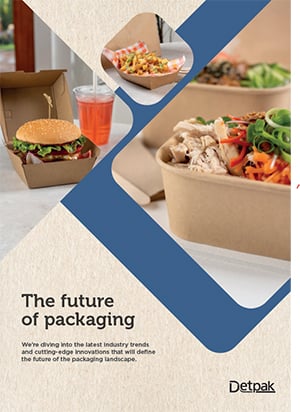Are you sure?
Are you sure? If you change your country now, any items you have added to your quote will disappear.
Your location
Please set your location to see relevant stock levels. Freight costs and taxes will be calculated once you log in.
Note: changing your location will empty your cart.
We have compiled a list of the top frequently asked questions about single-use problematic plastics in Australia, to clear any confusion and clarify some common queries about state legislation.
Browse Compliant Packaging What is happening in your State
1. What are single-use plastics?
Single-use plastic products are non-reusable and thus, are designed to be used once for a short amount of time. These products are typically used away from home and disposed of after brief use, usually resulting in litter.
2. Are all types of plastic banned?
Legislation can differ state to state, however in SA, ACT, City of Darwin and the City of Hobart, bans are in place on some traditional plastic products made with fossil fuel origins or PLA and CPLA, including beverage stirrers, drinking straws, and plastic cutlery. Plastic items not on the list of products that are banned are still acceptable, including those containing PLA and CPLA.
In VIC and WA all plastic products, except for single-use plastic bags, are allowed at present. In NSW, all plastic products are allowed at present.
3. What are some examples of plastics with fossil fuel origins, and are they banned?
Polypropylene (PP) and Polyvinyl Chloride (PVC) plastic products are examples of fossil fuel derived plastics. Both plastics are prohibited in some state legislation and are under consideration for national phase out by 2025.
4. Am I allowed to use a straw if I have a disability or medical need?
ACT and NT Governments have specified that individuals with a disability or medical need for using straws will be exempted from the legislation and more information about how these can be accessed, will be available soon.
Other states are yet to specify.
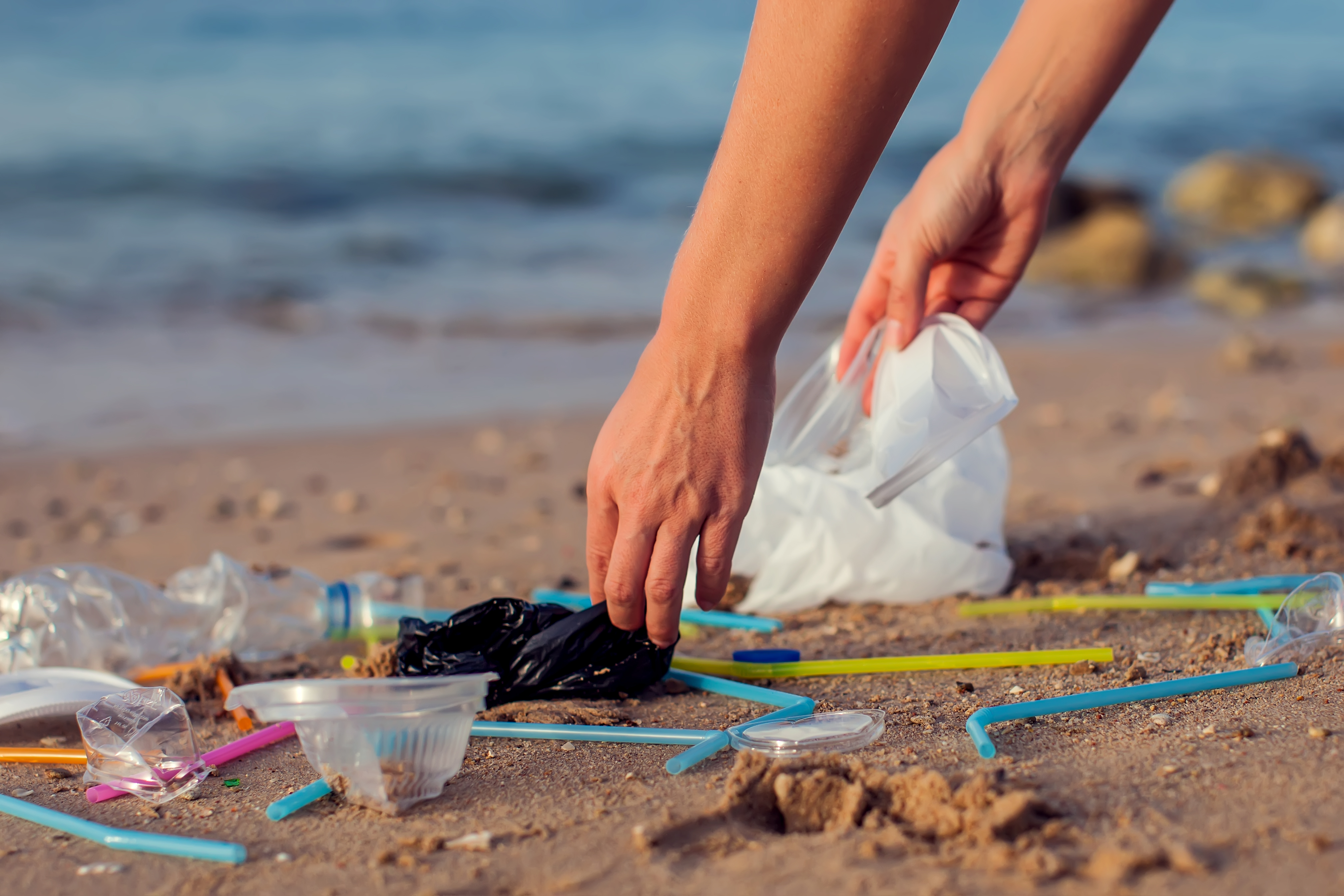
5. Are straws attached to fruit boxes included in the ban?
Legislation varies from state to state.
In ACT and QLD single-use plastic items that are an integrated packaging item are exempted from the ban. Therefore, a straw attached to a fruit box, a fork included in a prepacked salad or shrink-wrapping on a box of cereal are excluded.
The SA government have also developed a proposed exemption for these products.
6. What are the penalties if I do not comply with the bans against single-use plastic items?
The following state penalties apply as at 24 February 2021
SA
The monetary penalty for selling, supplying or distributing a prohibited plastic product is up to $20,000 for a manufacturer or producer of the product or a person who sells, supplies or distributes the product as a wholesaler or distributor, and up to $5,000 in any other case. Penalties also apply to sellers, suppliers and distributors who falsely represent that a product is not a prohibited plastic product.
The monetary penalty for selling, supplying or distributing a product comprised, in whole or in part, of oxo-degradable plastic is up to $20,000 for a manufacturer or producer of the product or a person who sells, supplies or distributes the product as a wholesaler or distributer, and up to $5,000 in any other case.
A maximum penalty of $30,000 applies to a person who (a) knows, or who ought reasonably to have known or suspected, that a product sold, supplied or distributed by the person to another person is comprised, in whole or in part, of oxo-degradable plastic; and (b) prior to, or in the course of,selling, supplying or distributing the product, represents to the other person that the product is not comprised, in whole or in part, of oxo-degradable plastic.
Full Bill available here.
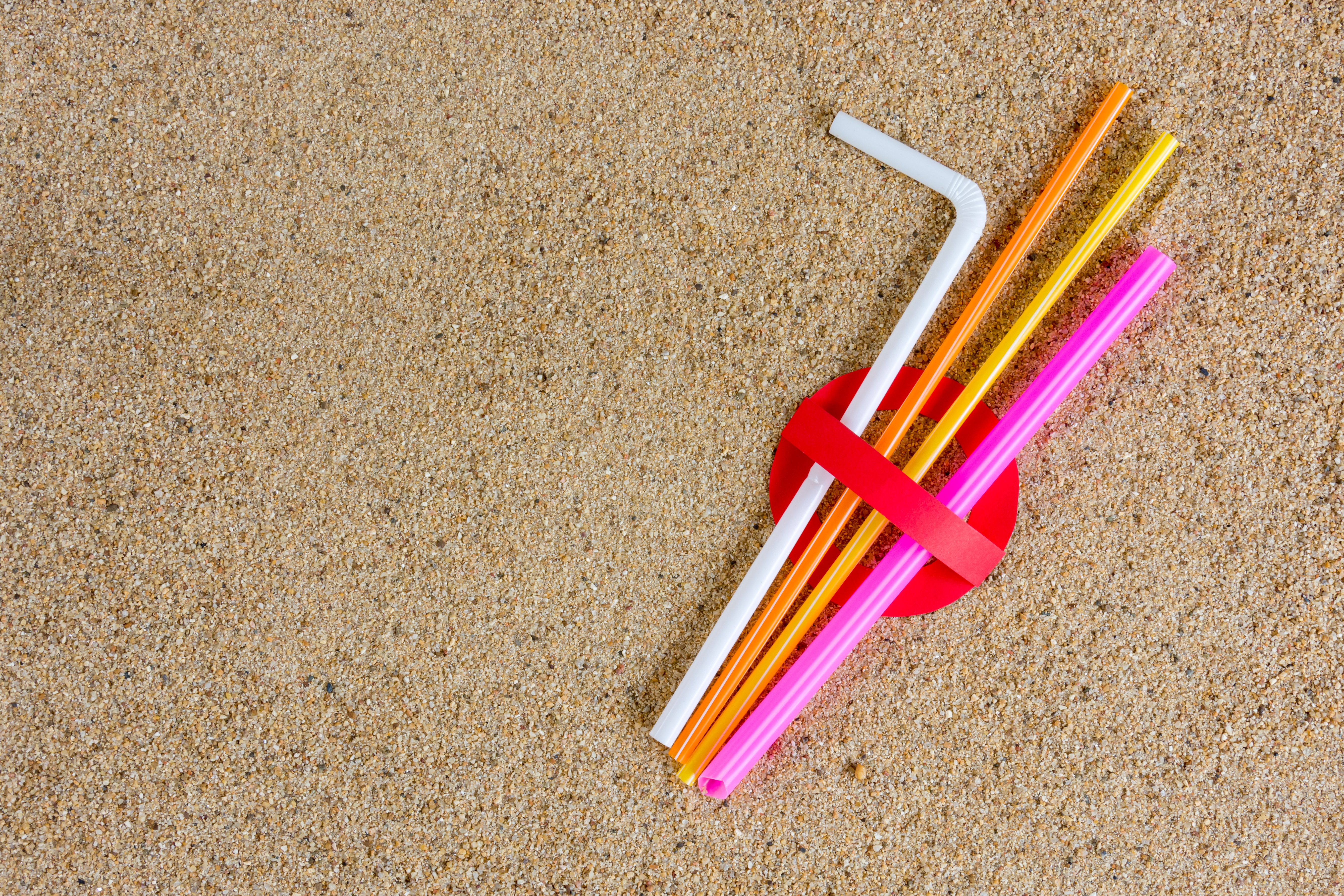
QLD
A maximum of 50 penalty units applies to a person who conducts a business or undertaking and in the course of the business or undertaking, sells a banned single-use plastic item to another person.
Exemptions apply if (a) the sale of a banned single-use plastic item is by or to a person who conducts an exempt business or undertaking; or (b) if the person selling the item reasonably believes the sale is a step in a supply chain for the supply of the item to a person who conducts an exempt business or undertaking.
An exempt business or undertaking means (a) a healthcare business or undertaking; or (b) a school, or (c) a business or undertaking prescribed by regulation for this definition, that involves the sale or supply of banned single-use plastic items for use by persons with a disability or medical need.
A maximum of 50 penalty units also applies to a person who gives false or misleading information to another person about (a) the composition of a banned single-use plastic item; or (b) whether or not a plastic item is a banned single-use plastic item.
Full Bill available here.
VIC - No Act.
WA - No Act.
NSW - No Act.
TAS (Hobart City*)
An 8 penalty unit applies to a retailer who provides a person with any food packaging which is (a) wholly or partly comprised of plastic; and (b) a single-use product.
The current penalty unit set by the State Government is $168. The two penalty units is applicable for an infringement notice which can be issued by a council officer. An eight penalty unit and infringement of up $1344 is assessed if the matter is prosecuted.
The By-law allows business up to a year after the enactment of the Single-Use Plastics By-law to comply with new packaging requirements. All Hobart food businesses will be provided with information kits to assist them in switching to sustainable packaging. Additionally, educational information sessions for proprietors will be held and individual advice will be available.
By-law available here.
NT (City of Darwin*)
City of Darwin have not released a statement on enforcement and penalties for failure to comply. However, market stall holders were given a transition period since the enforcement of the ban on January 1, 2019, allowing them to finish their current stock. The City of Darwin envisaged that by the end of 2019, the markets would be single-use plastic free. More information available here.
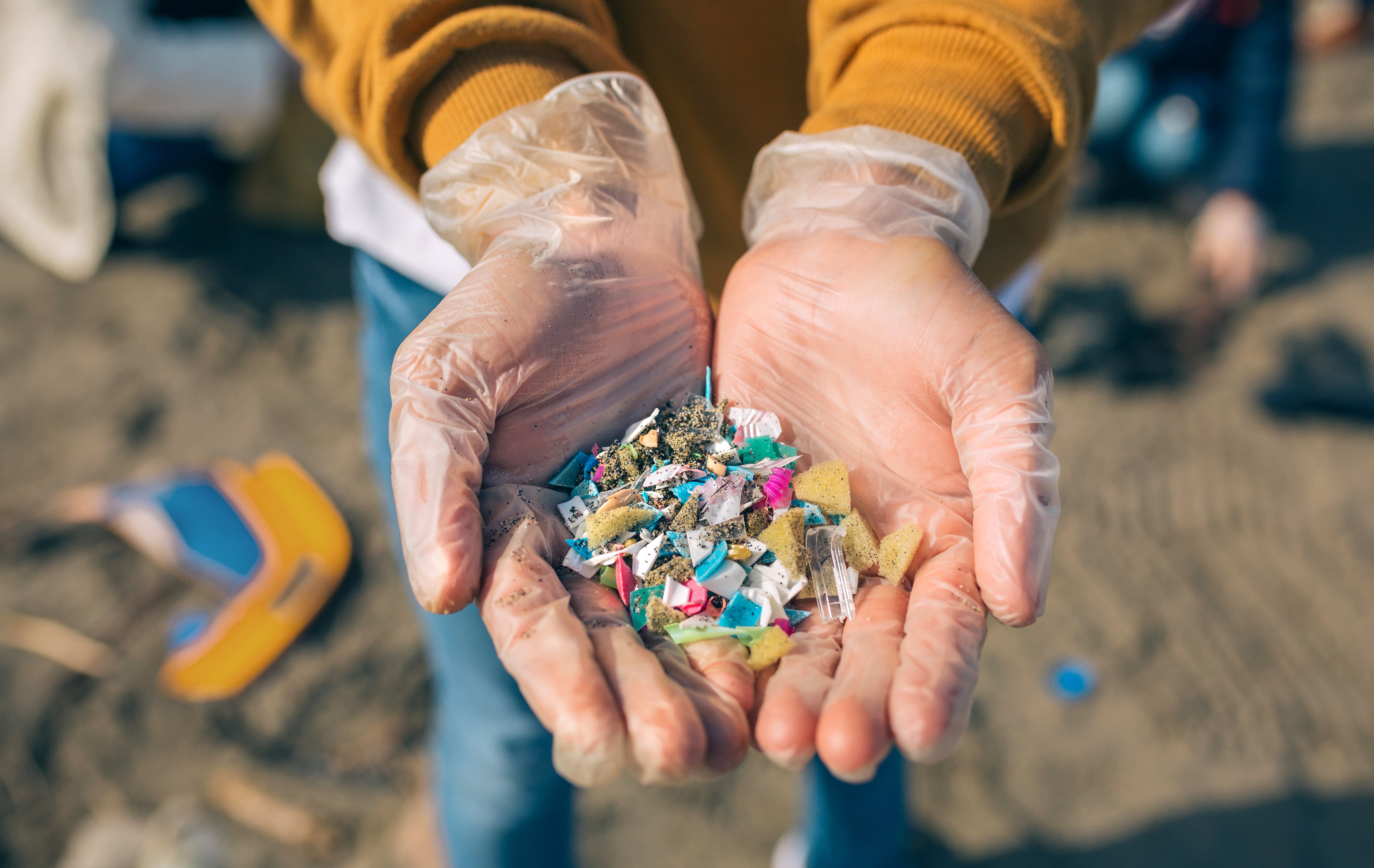
ACT
A maximum of 50 penalty units applies to a person who supplies a prohibited plastic product – and a person or plastic product may be exempted by the Minister.
A maximum of 50 penalty units also applies to a person who supplies a prohibited plastic produce and in the course of supplying the product, intentionally or recklessly falsely represents that the product is not a prohibited plastic product.
A person who supplies a declared single-use plastic product to a person at a declared public event also faces a maximum penalty of 50 penalty units.
Full Bill available here.
7. Who is enforcing the legislation?
State governments and environmental regulatory body, the Environment Protection Authority will enforce the legislation on single-use plastic products.
8. I regularly use plastic Chinese-style takeaway containers in my business, are these also banned?
It depends what type of plastic the containers are made from. Currently, PET containers are allowed however, plastics such as PP, PE, PS are under consideration for upcoming bans.
Product research and development is underway, to seek out alternatives for these products given that food packaging made from or lined with plastic will be phased out nationally by 2025
9. What coffee cups are allowed? Can I continue to use plastic lined coffee cups?
Legislation around coffee cups differs from state to state. In both Hobart City and the City of Darwin, all single-use plastic coffee cups and lids are prohibited.
In all other states coffee cups are under consideration for upcoming bans, including coffee cups with a plastic lining. Currently, these products are allowed however, will be phased out nationally by 2025
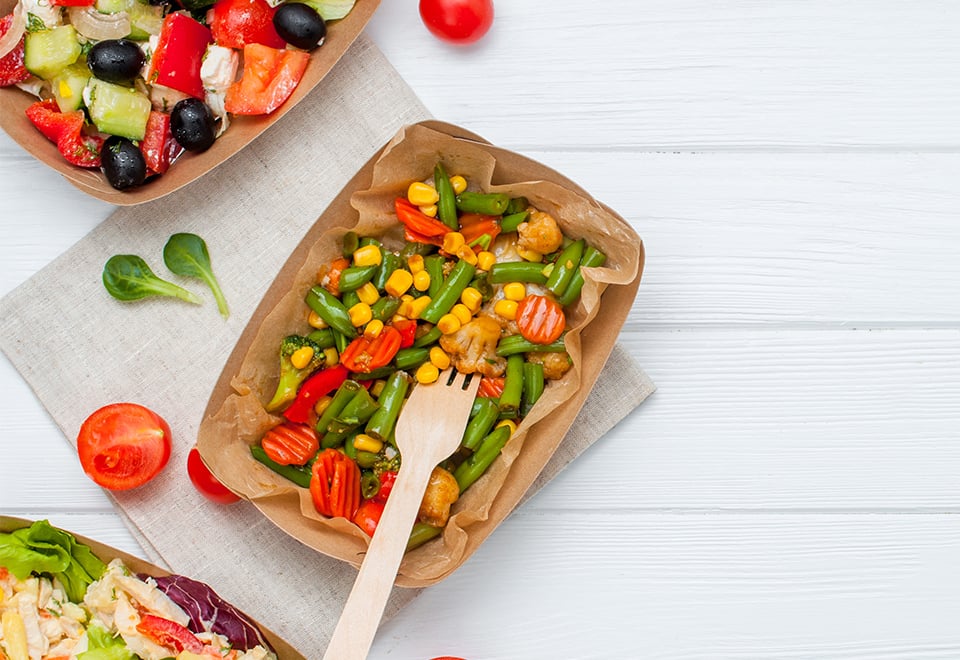
10. What alternatives are available to replace single-use plastic products?
Where possible reusables are preferable for sustainability however, often this is not always practical, so recyclable and compostable products are great alternative.
Detpak offer a range of Towards 2025 compliant packaging to replace banned single-use plastic items.
Browse our full range of compliant packaging, here.
11. What about if a manufacturer sells me a prohibited product without my knowledge, who is charged?
Under SA, QLD and ACT legislation it is an offence for a manufacturer or supplier to knowingly mislead a business to believe that a product is not a prohibited product.
If the business can provide evidence that it believed on reasonable grounds that the product, they purchased was not a prohibited single-use plastic product, the business will not be held liable.
Head back to the Single-use Problematic Plastics in Australia home page, here.
Contact us about moving to Towards 2025 compliant packaging, here.

